With Wrapped Bitcoin (WBTC) facing a trust crisis, various competitive products have emerged in the market, among which Coinbase Wrapped BTC (cbBTC), launched by the largest cryptocurrency exchange in the U.S., has garnered significant attention. Despite cbBTC quickly rising to become the third-largest wrapped Bitcoin in less than two weeks since its launch, concerns regarding its transparency have sparked widespread apprehension in the market.
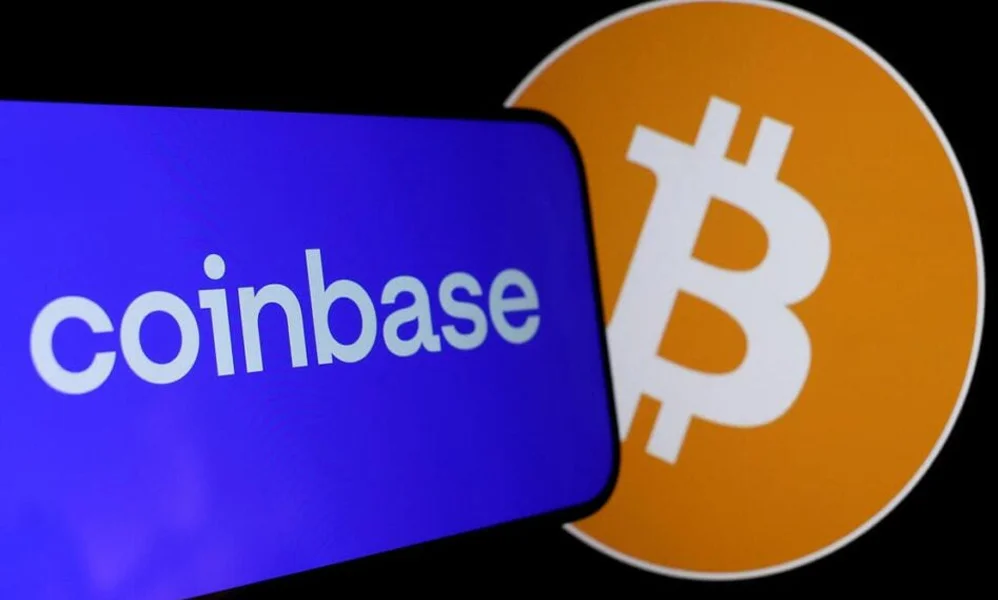
cbBTC's Rapid Rise and Market Share
On September 12, Coinbase officially launched cbBTC, backed 1:1 by Bitcoin, operating on the Ethereum mainnet and Base. Leveraging its compliance advantages and large user base, Coinbase rapidly captured market share, putting immense pressure on WBTC, which had previously dominated the market. According to Dune data, as of September 24, cbBTC's circulating supply reached 2,944 tokens, with a market capitalization exceeding $180 million, and a trading volume of nearly $1.31 billion in the past 24 hours, primarily concentrated on Aerodrome (93.3%) and Uniswap (4.4%).
Nevertheless, cbBTC's market share remains only 1.2%, significantly lower compared to WBTC (68.5%) and BTCB (26.6%). Hassan Ahmed, Coinbase's Southeast Asia head, revealed that cbBTC plans to expand to the Solana chain, which may further drive its market expansion.
Transparency Issues and Trust Crisis
Trust is at the core of the value of wrapped assets. Shortly after the launch of cbBTC, concerns regarding its asset transparency arose, with analyst Tyler Durden accusing Coinbase of allowing BlackRock to borrow Bitcoin without providing collateral, potentially manipulating market prices through this arrangement. In response, Coinbase CEO Brian Armstrong firmly denied these claims, emphasizing that the minting and burning process of BlackRock's Bitcoin ETF is transparent and traceable.
However, doubts did not subside. Users expressed concerns over cbBTC's terms of service, believing that if Bitcoin were lost due to malicious actions or unforeseen events, Coinbase would not fully compensate but rather proportionally distribute the remaining assets. Coinbase Chief Legal Officer Paul Grewal stated that if Bitcoin is lost due to exchange reasons, Coinbase would fully compensate customers, but the exchange does not bear full responsibility for losses arising from complex customer transactions.
This explanation failed to quell external doubts, even sparking extensive discussions within the crypto community. TRON founder Justin Sun commented on social media that "cbBTC is not real Bitcoin." Meanwhile, compared to WBTC, cbBTC lacks sufficient capital backing and transparent asset reserves, raising questions about its security.
Industry Response and Future Prospects
DeFiLlama founder 0xngmi criticized cbBTC for its lack of transparency, pointing out that nearly all cross-chain bridges should provide proof of reserves (PoR) for users to verify their asset support, which Coinbase has yet to accomplish. Data analyst Hildobby also expressed disappointment over Coinbase's failure to provide proof of reserves.
In terms of regulation, cbBTC's service agreement is signed by Coinbase Inc., not a regulated financial institution, which has faced SEC charges for operating as an unregistered securities exchange, further heightening market concerns.
In the face of external skepticism, cbBTC product head Lukas Staniszewski stated that the team had already planned to implement proof of reserves and is actively advancing this work, although they had previously failed to timely disclose this progress.
As cbBTC's market performance and transparency issues continue to attract attention, how Coinbase addresses these challenges and maintains its market position remains a focal point of industry interest.
Related Articles
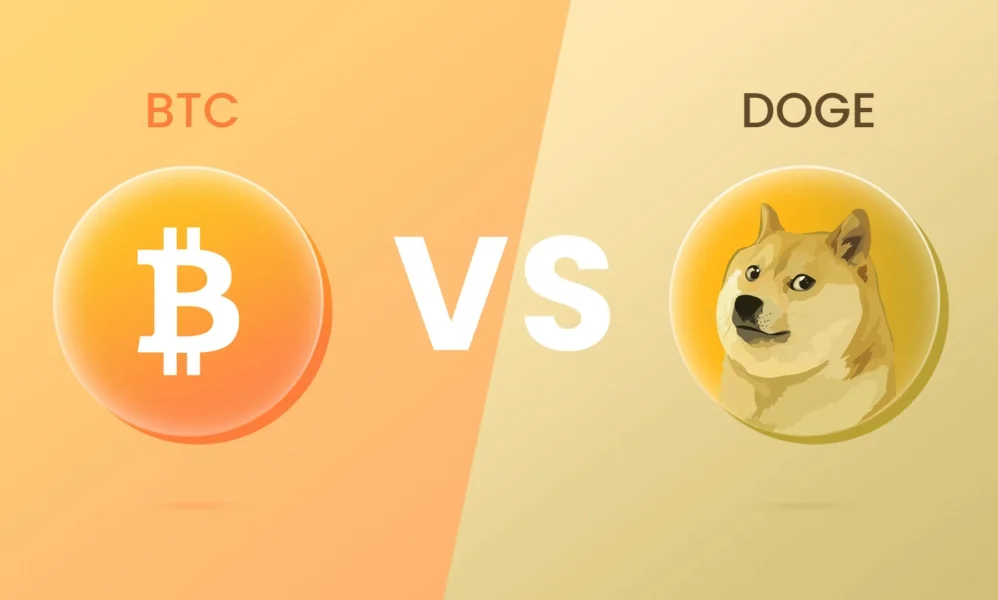
Differences between Bitcoin and Dogecoin
Bitcoin and Dogecoin are two different cryptocurrencies. Although they share some similarities, there are significant differences at their core. Bitcoin is the first cryptocurrency, designed to be a decentralized digital currency primarily used for value storage and transactions, with a total supply capped at 21 million coins.
October 10, 2024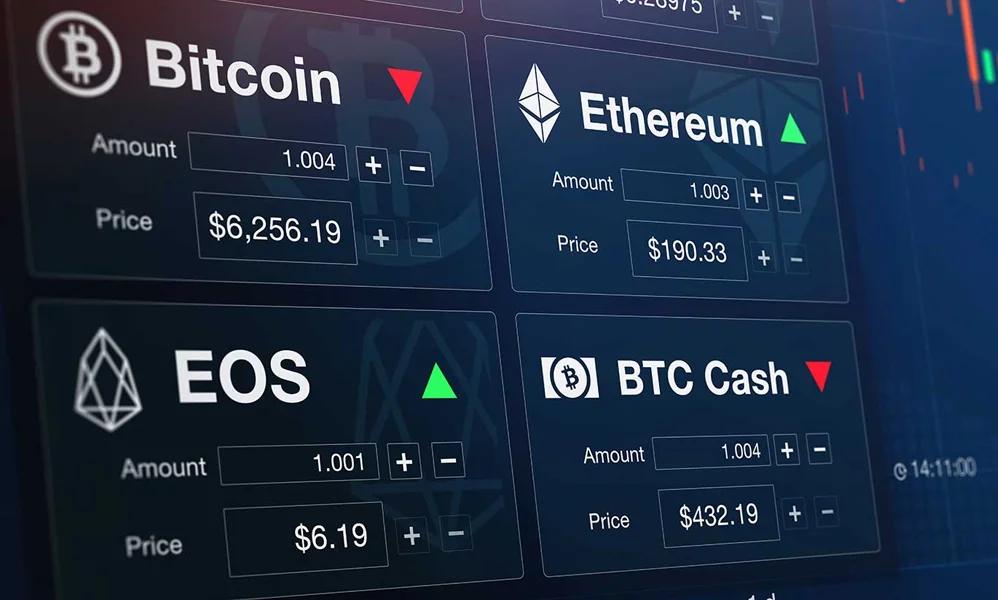
Where is the best Bitcoin exchange?
Choosing the right Bitcoin exchange depends on several factors, including security, fees, liquidity, user experience, and legal regulations in your location. Below is a detailed analysis of some of the top global Bitcoin exchanges to help you make an informed decision.
October 10, 2024
Future Development Trends of Bitcoin: Increased Global Acceptance and Market Outlook
The future development trends of Bitcoin may focus on several aspects: as global acceptance of digital assets increases, countries will establish clear regulatory policies to promote its legalization
October 9, 2024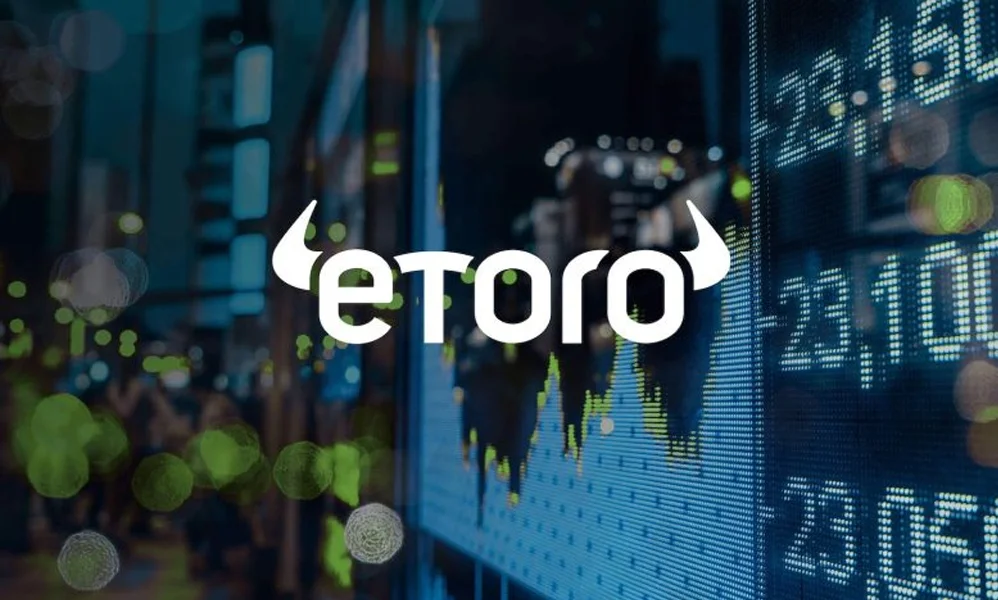
How to Buy Bitcoin on the Etoro App?
The most basic way to buy Bitcoin on the Etoro app is to first log into your Etoro account, then search for "BTC" or "Bitcoin" on the market page, and select the Bitcoin trading pair. Next, click the "Trade" button, enter the amount or quantity you want to purchase, set the stop loss and take profit levels (optional), and finally confirm and execute the trade. Please note that Etoro offers CFD trading rather than direct cryptocurrency purchases.
September 27, 2024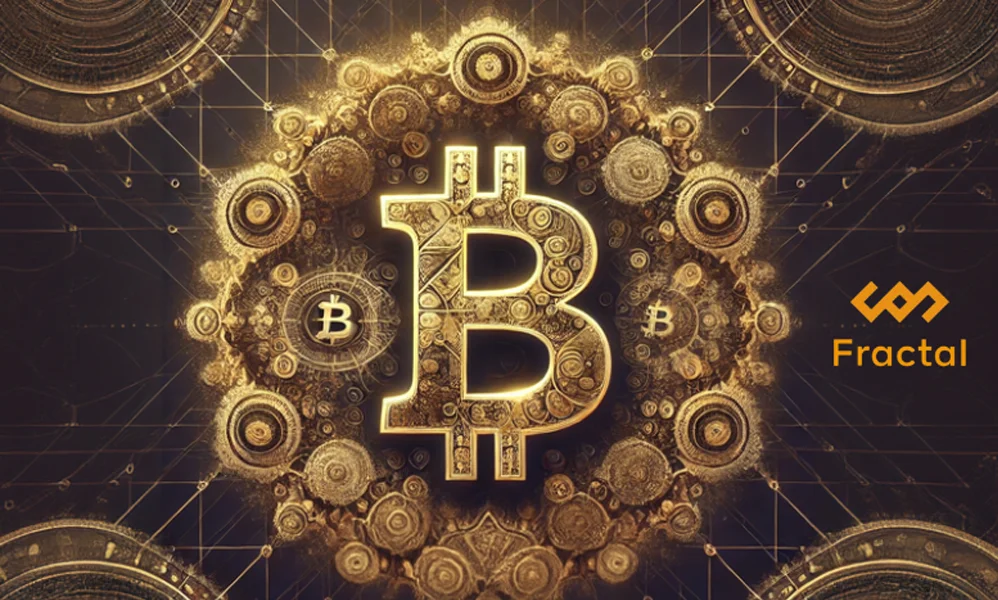
What is Fractal Bitcoin?
Fractal Bitcoin is emerging as a promising scalability solution that is gaining widespread attention. It constructs a multi-layered network structure through recursive virtualization technology, not only enhancing the scalability of Bitcoin but also ensuring a secure connection with the main network.
September 26, 2024
